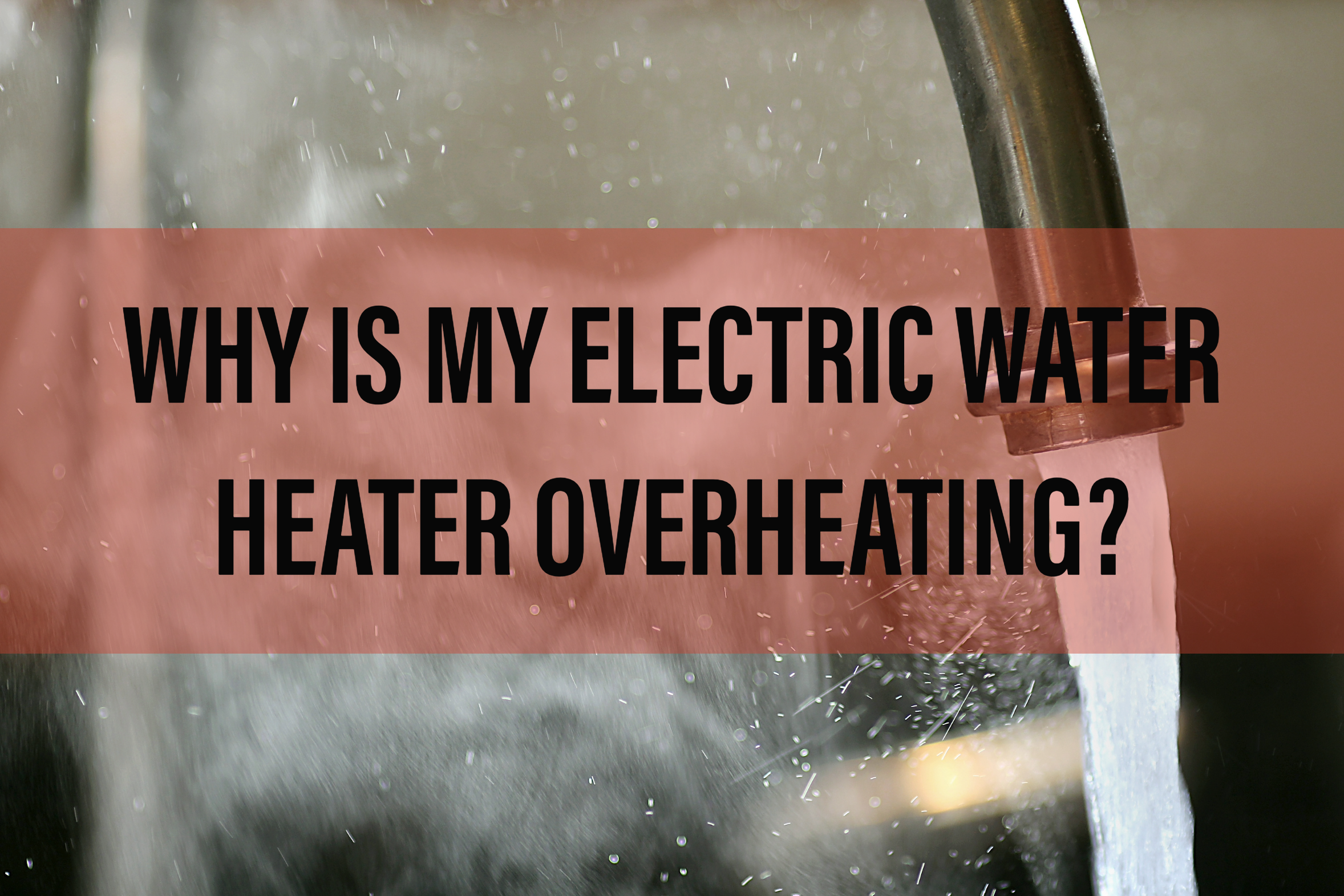So, one of the most common issues with electric water heaters is that they can get really hot. And that means scalding hot water coming out of your sinks and showers! Plus, if it keeps overheating for too long, it can actually cause damage to your water heater. So, if you’re finding yourself in this situation, you’re probably wondering what caused it and what you should do. Well, in case you are currently experiencing issues with your water heater overheating, your pals at Loveland Plumbing & Drain have got you covered! We’ve compiled the top three reasons why your electric water heater might be overheating.
1. The Thermostat Is the Issue
The thermostat in your electric water heater is super important. It’s like the control hub that decides when to turn on the heat and keep your water at the perfect temperature. But if the thermostat acts up, it can cause overheating. There are a couple of common reasons as to why a water heater’s thermostat may act up. One instance is if the thermostat is set too high – a common problem that is often overlooked. Another example is if the thermostat starts acting up, it might not get an accurate reading of the water temperature or properly control the heating element. This can make the heating element stay on for too long, causing the water to overheat.
To troubleshoot if the thermostat is the problem, first make sure it’s set to the right temperature. If the issue keeps happening, it’s best to reach out to a professional who can check it out and maybe even replace the thermostat if needed.
2. The Heating Element Is the Issue
The heating element is the part that heats up the water in your electric water heater. Just like any other mechanical component, it can wear out over time. And when it does, it can become less efficient, causing problems like overheating. So, it’s important to keep an eye on it! Oftentimes, a heating element will get stuck in the “on” position; it keeps heating the water non-stop, even if it’s already at the desired temperature. So, if you think there might be a problem with the heating element, it’s a good idea to get some help from a professional.
3. Sediment Buildup Is the Issue
Over time, sediment (minerals and debris from your water supply) can build up at the bottom of your water heater tank. This is why regular maintenance is key! Once sediment buildup forms, it acts as a barrier of insulation, which means the heat will be trapped inside, leading to overheating.
In order to tackle sediment buildup, the water heater tank will need to be flushed. (This is why regular maintenance is essential!) This means draining the tank to get rid of all that sediment that’s been piling up. Since it involves dealing with both water and electricity, it’s actually a good idea to have a licensed plumber take care of it for safety reasons.
To sum it up, dealing with an overheating electric water heater as soon as possible is necessary to avoid scalding, unit damage, and higher energy bills. So, if you’re facing overheating problems that you can’t handle, feel free to get in touch with us! We’re here to help.
Call Loveland Plumbing & Drain today at (513) 644-0556, or schedule an appointment now by clicking here!

